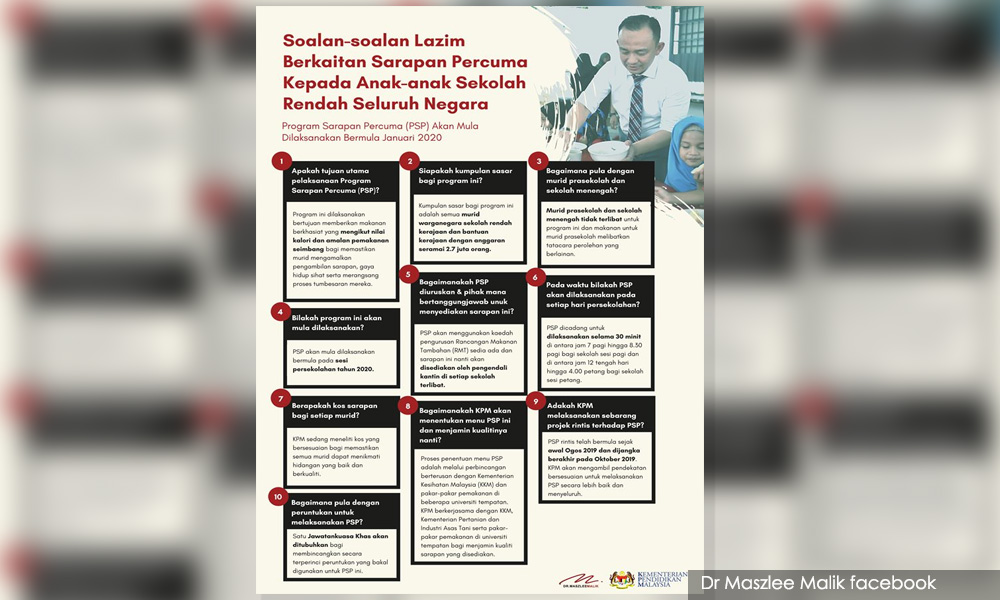
As technology progresses with information becoming richer and more accessible, it becomes easier and easier to do targeted policy.
Governments, especially those with conservative economic leanings compromising with democratic pressures, love targeting because in theory, it is cheaper and it avoids wastage. In fact, going back to basic microeconomics, it might even eliminate deadweight loss.
I also love targeting, up to a point. Just because we are able to do targeted policy does not mean we should do it. There are other considerations to be taken into account.
Targeting can create social stigma and that can be damaging in other ways. It does so through signaling, which means it lets other people know that a person is being targeted for some policy. This is something policymakers need to be mindful of, beyond the dollars and cents.
In a society where social status matters, assistance could lower a person's social status.
This is why a government cash assistance programme via automatic bank transfer is good. It keeps transactions private, and therefore gives no signaling to other people. So, it has minimal or no effect on social status.
But not all assistance policy can be private. Many do necessarily give out signaling affecting social status. The Free Breakfast Programme (FBP) for students to be introduced by the Ministry of Education in 2020 is one such 'un-private' assistance policy.
As a result, a programme like FBP, with its current mechanism, cannot be targeted. This is especially so when it comes to kids who may take target signaling wrongly, leading to bullying and social estrangement. Giving free breakfast for certain groups, which are the neediest, send signals to better-off students that the beneficiaries are of a certain social class.
Schools at the elementary level are grounds for inculcating values. One of the values we should inculcate is egalitarianism. This makes signaling something to be thought of in designing policy relevant to the education system.
Our country is already divided in so many dimensions. We probably do not want to impress on the younglings of social divisions through yet another dimension. Targeting at this cost is not worth it.
In our specific FBP case, a blanket policy is better than a targeted policy. It muzzles the signalling, and fights the creation of social stigma that is the seed for future division in our society.
HAFIZ NOOR SHAMS is an economist currently working in the public sector. - Mkini



No comments:
Post a Comment
Note: Only a member of this blog may post a comment.